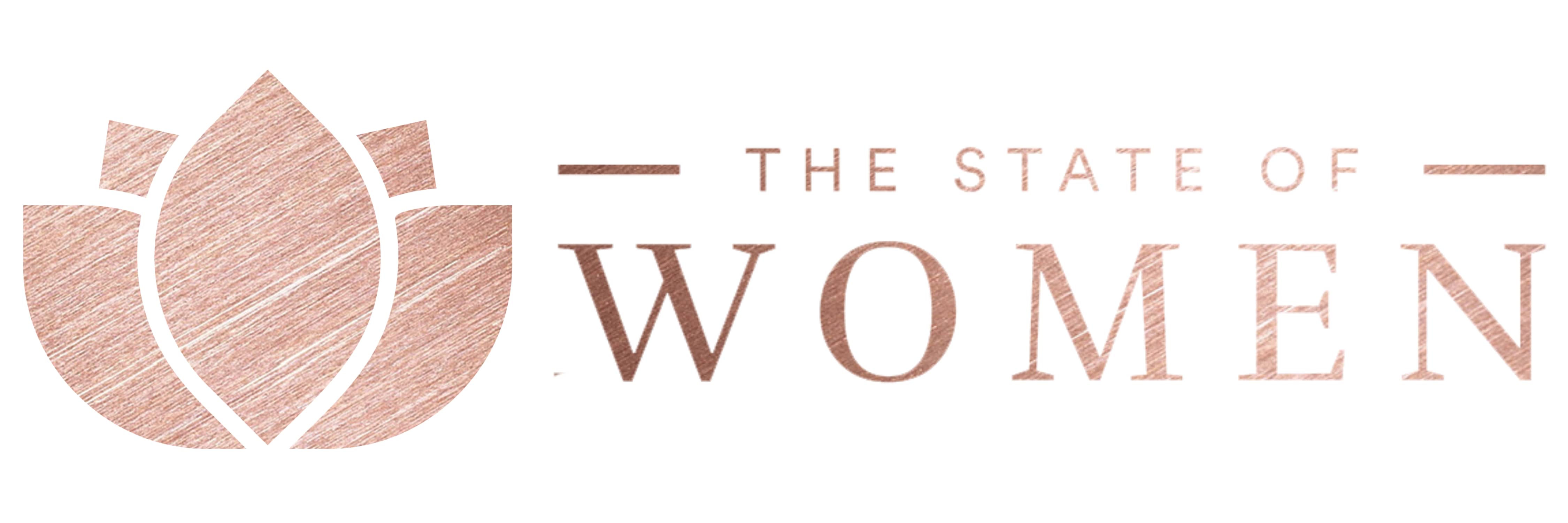Anne-Marie Imafidon, a child prodigy in math and science, has spent the past three years leading an organization dedicated to helping girls follow in her path.
She spoke with International Business Times UK about her work championing the cause of women and girls in STEM (science, technology, engineering, and mathematics). She’s the co-founder of Stemettes, an organization working to get more girls and women into STEM careers by starting them early: If girls are encouraged to love and pursue science and math, it will pay off down the road.
Even as she received honors and invitations to speak, Imafidon came to realize that being a woman in tech was much more of an anomaly than it should be. She co-founded Stemettes (originally the Stemettes Project) in 2013, and the organization has already helped increase the number of girls taking STEM subjects and GCSE exams.
Imafidon discusses her organization, as well as why so few girls are pursuing STEM subjects—and why even fewer women stay in STEM careers. From stereotyping and culture to scheduling conflicts and internal biases, the deck can seem stacked against girls who want to pursue STEM subects. However, the benefits to doing so—for both girls and a world that needs educated girls—are too important to ignore.
Find out much more about Stemettes and Imafidon’s insights in the article, excerpted here and in full at the link.
ibtimes.co.uk – If there was ever someone to inspire girls into science, Anne-Marie Imafidon is the woman for the job. Imafidon is the co-founder of Stemettes, an award-winning social enterprise encouraging girls into the fields of science, technology, engineering and maths, and she has an intimidating CV.
Having passed GCSEs in maths and ICT aged 10, she holds the current world record for the youngest girl ever to pass an A level in computing – she was 11. Two years later, she received a scholarship to study maths at a top US university. Imafidon then went on to become one of the youngest to be awarded a Masters degree in maths and computer science at Oxford.
Yet despite the incredible successes of the likes of Imafidon, women are still chronically underrepresented in the STEM workforce. The problem starts young: more boys take science subjects at school, and studies have shown the girls who do take them, and so often excel, lack the confidence to pursue the high-paid STEM careers. Too many talented young scientists, technicians, engineers and mathematicians are walking away from exciting, rewarding and well-paid jobs.
“I graduated, worked for two years and then it was only when I was sent to speak at a conference in the US that it hit me – I was a woman in tech,” Imafidon tells IBTimes UK on the International Day of Women and Girls in Science.
Read the rest here.







